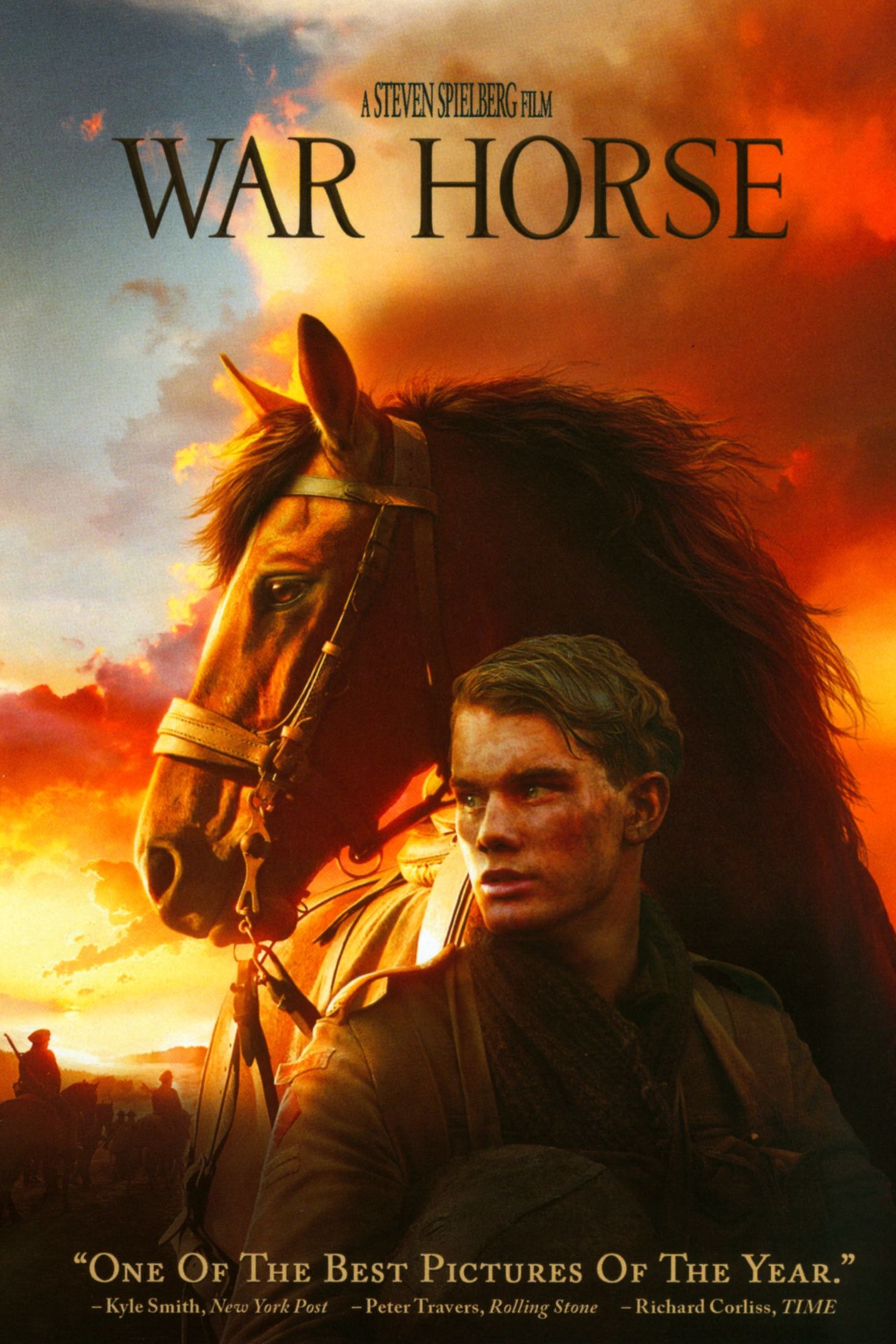
Steven Spielberg’s War Movie Inspired by John Wayne Classic
While Steven Spielberg is widely regarded as a cinematic titan of modern filmmaking, many from earlier generations would have placed the legendary John Ford on that pedestal. With a remarkable collection of classic films to his name, Ford has been a profound influence on Spielberg, who has openly acknowledged Ford’s impact on his own work. As a young filmmaker, Spielberg had the unique opportunity to be mentored by Ford, a relationship that he poignantly references in the climactic scenes of his semi-autobiographical film <em>The Fabelmans</em>. Although Spielberg is celebrated for pushing the boundaries of special effects in cinema, Ford was equally groundbreaking in his narrative and visual storytelling techniques. Notably, Spielberg has mentioned the classic romantic drama The Quiet Man as a significant inspiration for his World War I epic, War Horse.
How ‘The Quiet Man’ Influenced Spielberg’s ‘War Horse’
John Ford received his fourth Academy Award for Best Director for the film The Quiet Man, a romantic dramedy that tells the story of Irish-American boxer Sean Thornton (John Wayne) as he returns to his hometown in Inisfree following a tragic event in the boxing ring. One of the film’s most groundbreaking elements is Ford’s use of long shots that beautifully showcase the breathtaking Irish landscapes, as the film was shot on location in Ireland—a pioneering choice at that time. Spielberg drew inspiration from these long takes for War Horse, which narrates the journey of a horse as it changes hands during the tumult of World War I. Spielberg expressed that he found it creatively invigorating to utilize a wide-angle lens and focus less on close-ups, stating that such techniques compelled him to push the boundaries of his storytelling. He noted that it was significantly more challenging to depict the harrowing realities of war through wider shots, but he embraced this challenge as it fostered greater creative expression.
Even though Spielberg’s War Horse is far grander in scale than Ford’s classic, the influence of The Quiet Man on War Horse is unmistakable, particularly in the way both films treat the land as a character in its own right. In The Quiet Man, Ford romanticizes the Irish landscape of Inisfree, capturing its stunning beauty as a reflection of Thornton’s deepening love for both Mary Kate (Maureen O’Hara) and his connection to his roots. Ford adeptly offers the audience an intimate perspective of the town, showcasing its charm and intricate details. Conversely, War Horse explores the transformation of Europe over the years, illustrating how the devastation of war has led to a collapse of values. By highlighting the grim realities of a landscape ravaged by conflict, Spielberg elevates the moments of hope and resilience, making them resonate even more powerfully. Both films justify their extensive runtimes through their captivating visual narratives, drawing viewers into their respective worlds.

Related
The 10 Most Visually Stunning War Movies, Ranked
These war movies are impossible to look away from.
Exploring Additional John Ford Influences on Spielberg’s Work
While The Quiet Man stands as the most prominent influence, War Horse also draws inspiration from various other celebrated films by John Ford. The exhilarating sequences of cavalry combat and horse riding showcase similarities with Ford’s iconic westerns, such as She Wore A Yellow Ribbon and The Searchers. Furthermore, the narrative structure of War Horse resonates with Ford’s grand historical epic How The West Was Won, as both films traverse expansive timelines, shifting focus among a diverse cast of characters. Despite being primarily set on the battlefield, the earlier scenes in a quaint British village echo the heartfelt portrayal of everyday life found in Ford’s acclaimed Best Picture-winning film How Green Was My Valley, emphasizing the richness of human experience.
The stunning visuals of War Horse are a key reason it is considered one of Spielberg’s underrated masterpieces, deserving recognition as one of his finest works in the 21st century. Although audiences may have anticipated an action-packed adventure akin to Raiders of the Lost Ark or a gritty war drama like <em>Saving Private Ryan</em>, Spielberg crafted an experimental, atmospheric period piece that isn’t afraid to delve into sentimentality. Despite its polarizing reception among some of Spielberg’s fanbase, War Horse undoubtedly embodies the spirit of filmmaking that Ford would have admired and respected, showcasing a blend of emotional depth and visual artistry that speaks to the heart of cinematic storytelling.
War Horse is currently available to rent or buy on Prime Video in the U.S.
WATCH ON PRIME VIDEO





